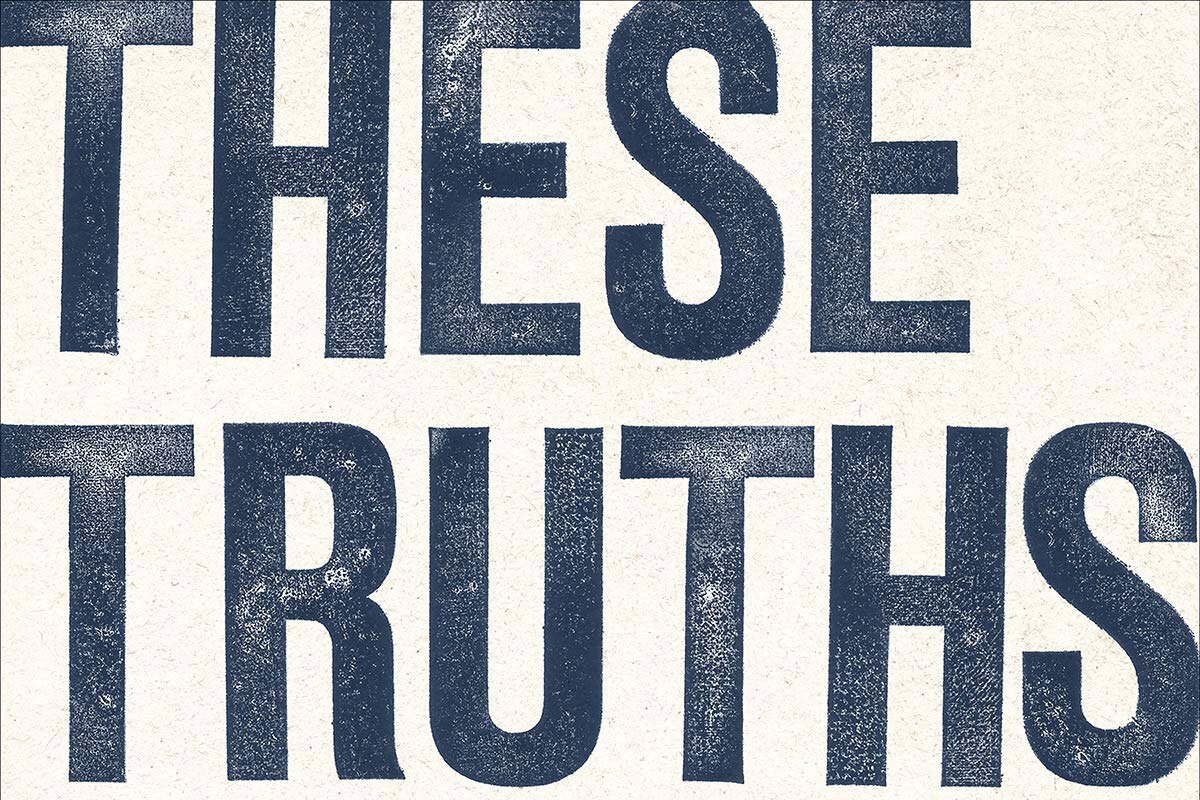

Indigenous absences are not a minor fault with These Truths. These Truths replicates the same troubling 'vanishing' that Lepore critiques in 19th-century novelist James Fenimore Cooper’s The Last of the Mohicans.

Lepore points vividly to the true source of American exceptionalism, people who step from the pages and reaffirm your love of country.

It captures the fullness of the past, where hope rises out of despair, renewal out of destruction, and forward momentum out of setbacks. For nearly every low point in the nation’s undulating past there followed an upswing, often involving a hero, although frequently someone other than the traditional star-spangled savior. Some historians shy from presenting the American experience as the story of progress. She presents an honest history, one that searches for evidence and answers. It is probed and analyzed and dislodged from the past, presented as a force that resonates in the present. History in Lepore’s nimble hands is more than the telling of tales. Ranging from European settlement to Trumpian tweets, These Truths is a perceptive and necessary contribution to understanding the American condition of late. Her writing is gutsy, lyrical and expressive. She scours the archives for fresh insights on topics other historians thought were tapped. It is a classic tale of a unique country’s astonishing rise and just-as-inevitable fall. Its reach is long, its narrative fresh and the arc of its account sobering to say the least. There are moments, however, when you wince at the purple prose.

There wasn’t a moment when I struggled to keep reading. This book is aimed at a mass audience, driven by anecdote and statistic, memoir and photograph, with all the giants of American history in their respective places. This is not an account conservatives will hate. And she highlights truths that are usually dim-lit. But she is withering about the New Left, and liberalism’s turn toward elitism and identity politics. Lepore panders a little to liberal sensibilities. It reminds us of some simple facts so much in the foreground that we must revisit them. This is not an account of relentless progress. It’s a big sweeping book, a way for us to take stock at this point in the journey, to look back, to remind us who we are and to point to where we’re headed. It tries to take in almost everything, an impossible task, but I’d be hard-pressed to think she could have crammed more into these 932 highly readable pages. It isn’t until you start reading it that you realize how much we need a book like this one at this particular moment.


 0 kommentar(er)
0 kommentar(er)
